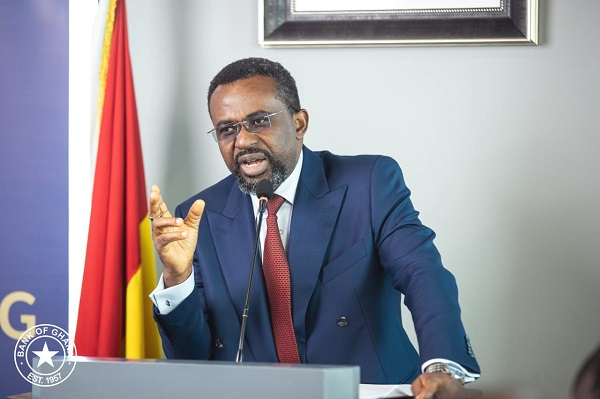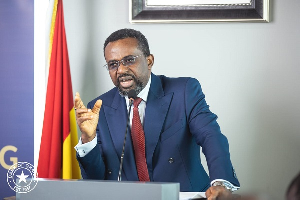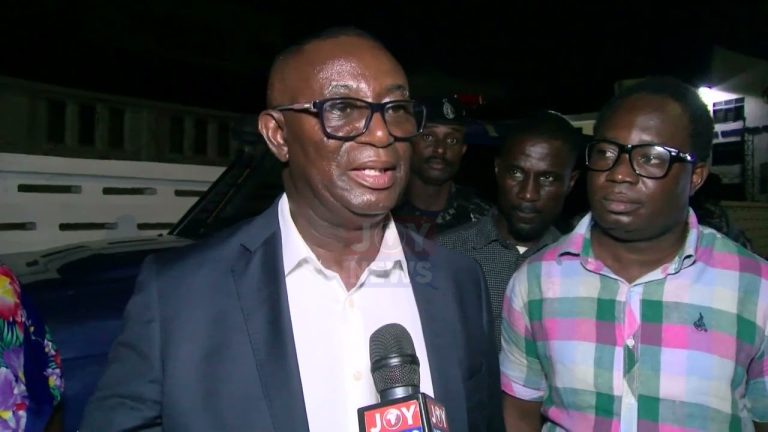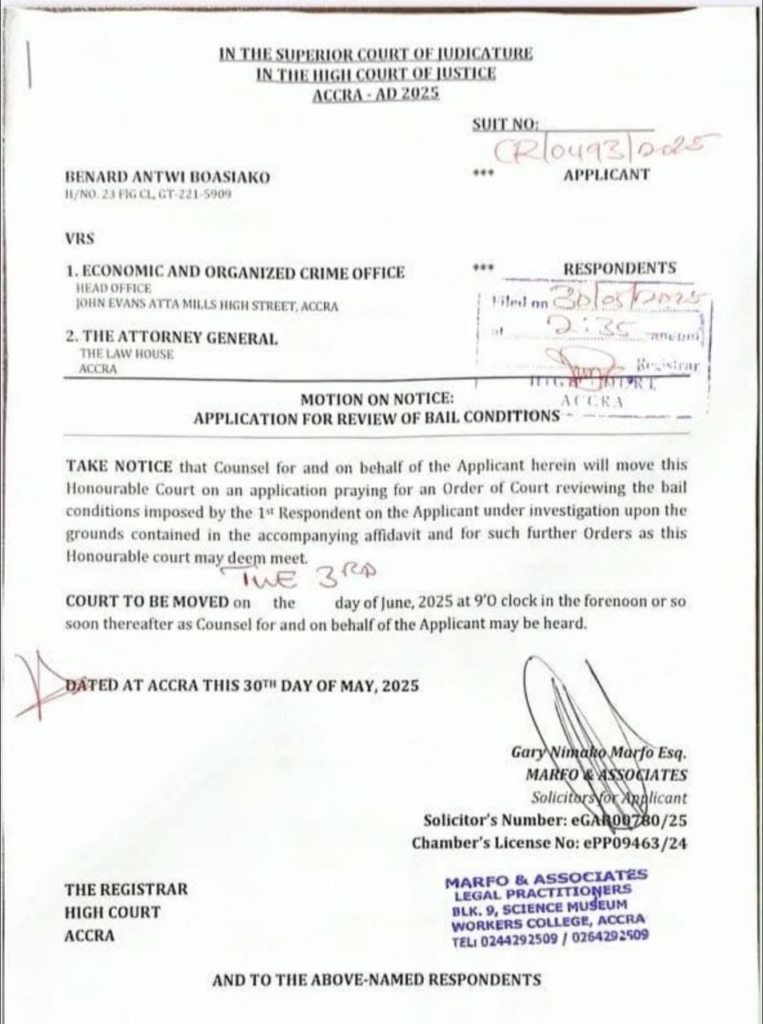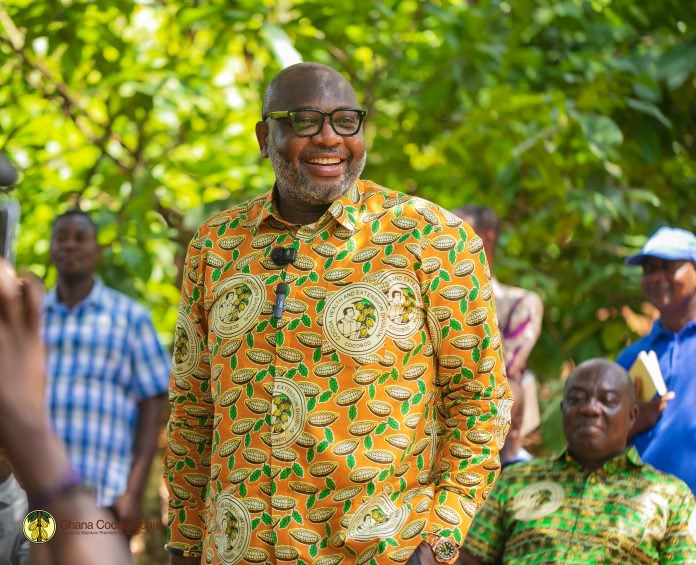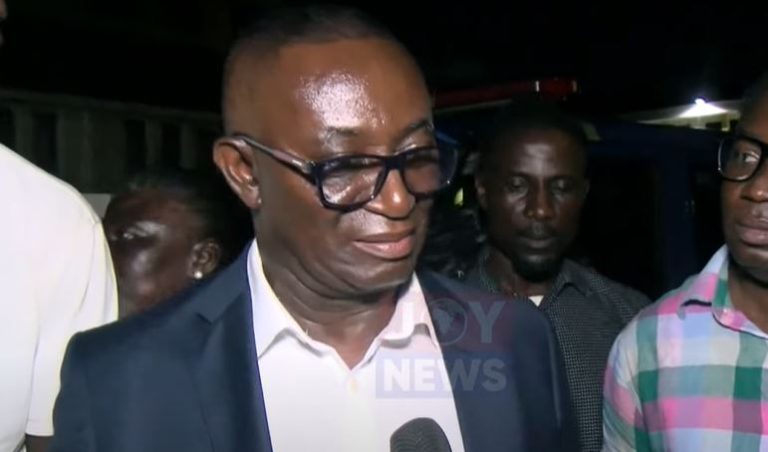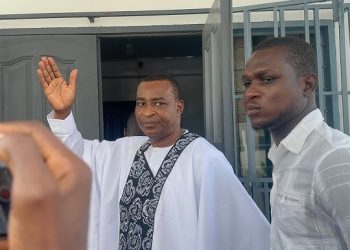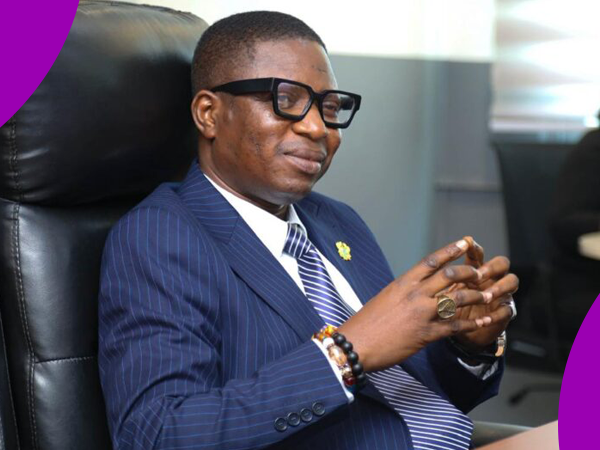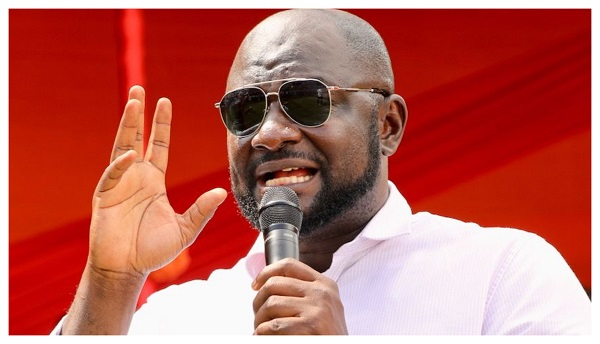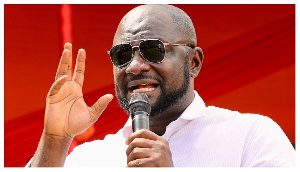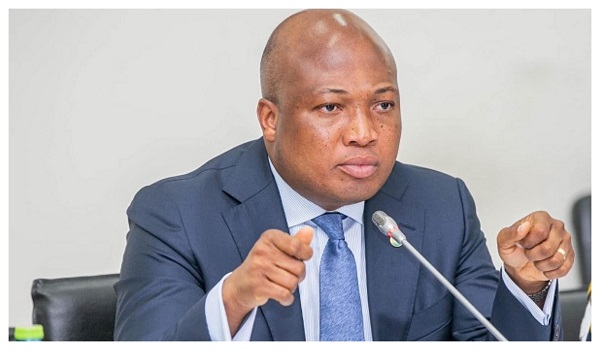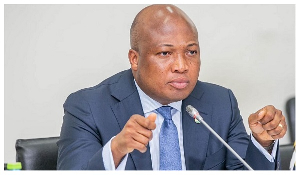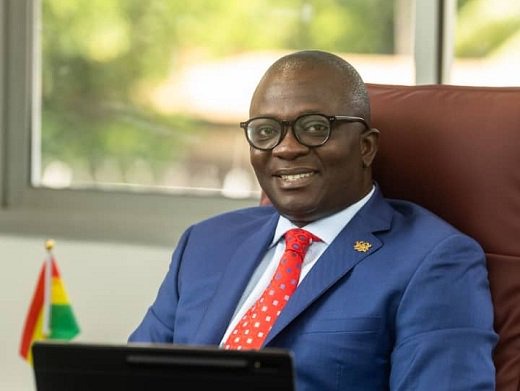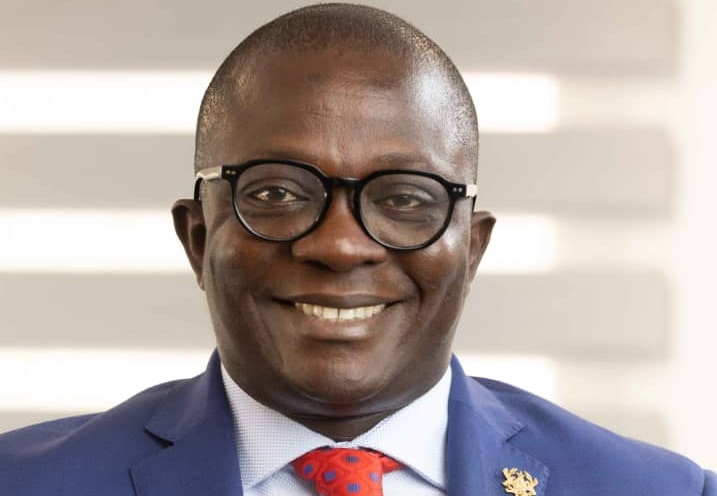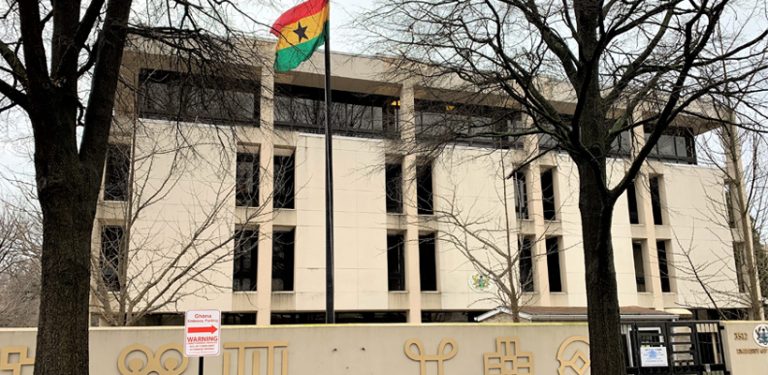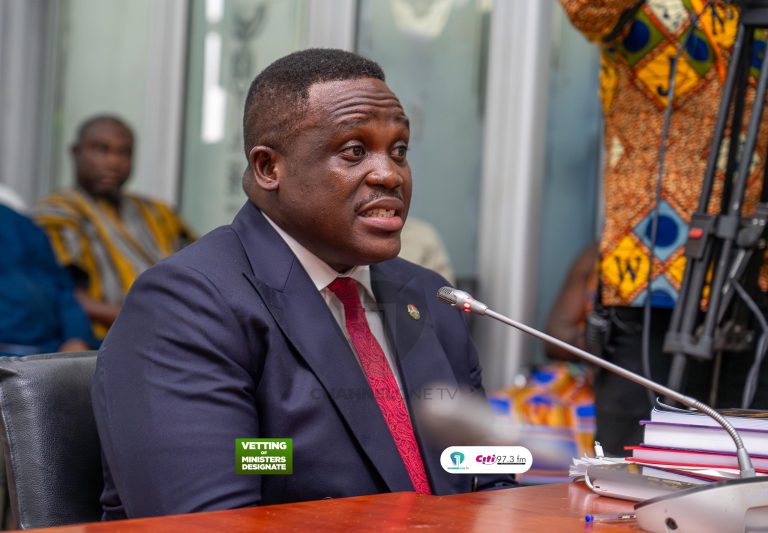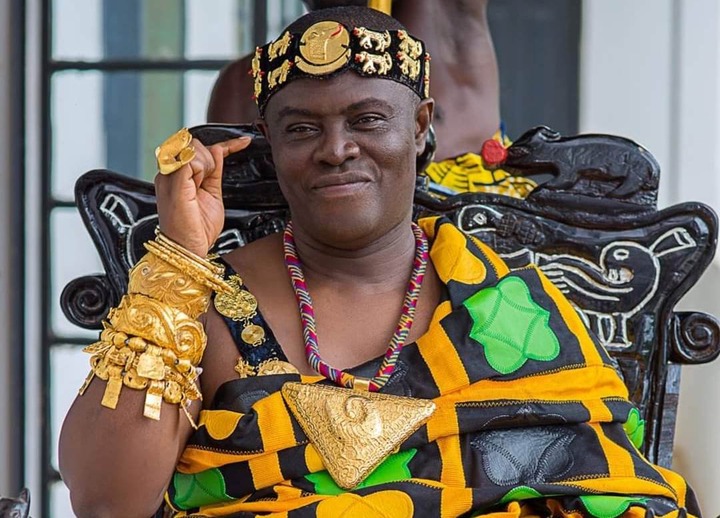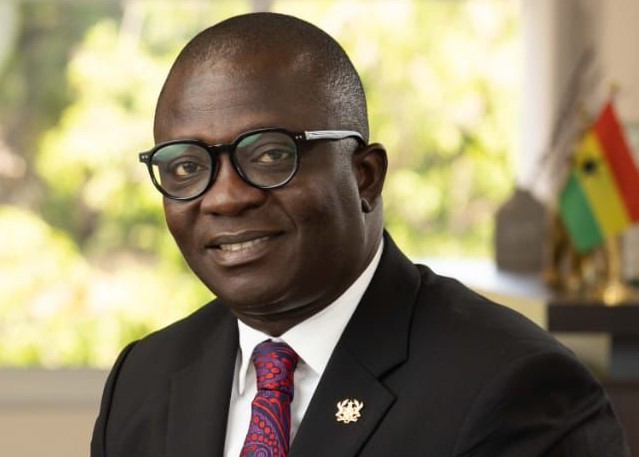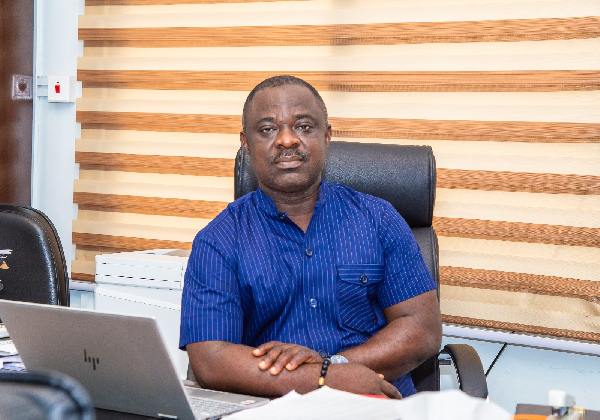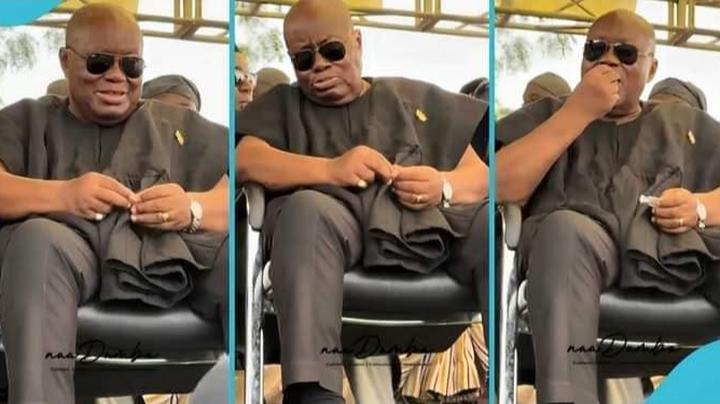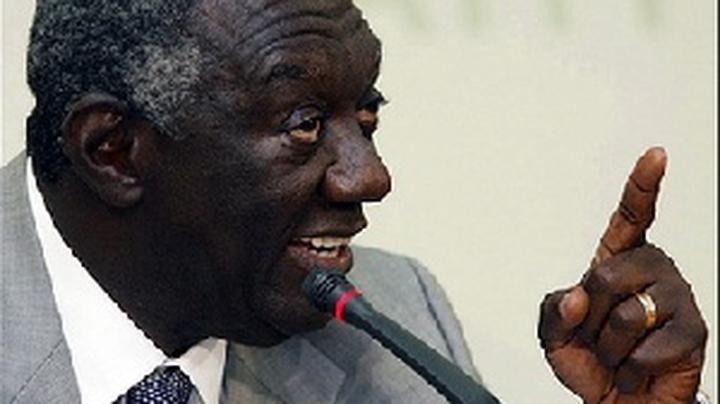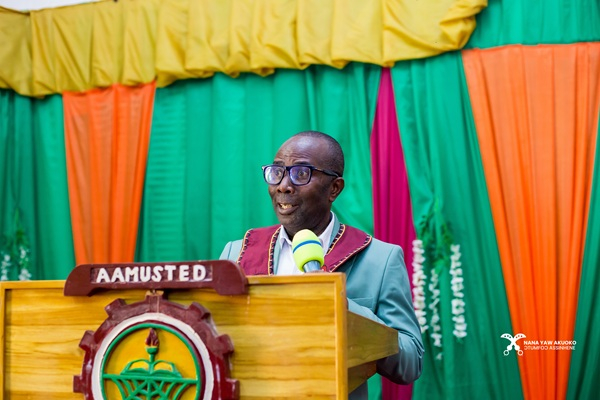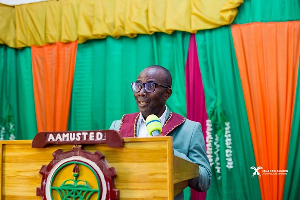In the last few years, we have seen a trend of incumbent administrations renaming some public universities after political figures. While some people continue to support this worrying trend for political reasons, I abhor it. I will explain why.
First off, in the Ghanaian cultural setting, names do not only convey a sense of physical identity, they also give spiritual importance. For universities, names are highly significant because they carry institutional visions, shape reputation and stimulate alumni pride. It is for these reasons that the incessant trend of renaming public universities after political figures must be shunned.
Under the erstwhile Akufo-Addo administration, several public universities were renamed.
Prominent among them were :
1. The University of Development Studies, Wa, which was renamed Simon Diedong Dombo University of Business and Integrated Development Studies
2. University of Mines and Technology, renamed George Grant University of Mines and Technology.
3. University of Education, Kumasi Campus renamed Akenten Appiah Menka University of Skills Training and Entrepreneurial Development.
In opposition, the NDC vowed to revert all universities renamed by Akufo-Addo back to their original names. In sharp contrast, I am learning that the Ministry of Education, under the leadership of the venerable Haruna Idrissu, has renamed the University of Health and Allied Sciences ( UHAS) after the late President Mills.
Do not get me wrong. President Mills was a great statesman, and his contribution towards the establishment of UHAS cannot be underestimated.
In spite of this fact, it’s chuckling seeing the very people/ party who vilified Akufo for renaming some public universities after pro-NPP figures perpetuate what they once considered a peccatum or sin.
I am not against the idea of naming a newly built university after a political figure, especially when the figure is widely appreciated for his heroics. My issue is with renaming existing universities after political/partisan figures. In Ghana, a good number of our politicians are not nationalistic but partisan, and sometimes they make policy decisions to reflect their partisan orientation.
You do not need a soothsayer to tell you that most of the agitation that followed the renaming of UMAT and UDS, Wa, after SD Dombo and George Grant, respectively, were made from a place of extreme partisanship. Some people felt that these closely highlighted individuals are Pro NPP/ UP/ UGCC figures and that by renaming the aforementioned universities, President Akufo-Addo was blatantly honouring the memory of figures associated with his political tradition.
Today, UHAS has been renamed after the late Prof Mills, and people from the opposing divide have started waging spirited opposition to the decision by the Ministry of Education. Just as the NDC has promised to revert institutions renamed by Akufo-Addo to their original names, I wouldn’t be surprised if a future NPP administration decides to strike out Prof Mills’ name and revert to UHAS or even name the university after a pro-NPP figure. Then, this vicious cycle continues.
What saddens my heart is that, in situations where the names of these longstanding universities are renamed after political figures, the government of the day does not build consensus with relevant stakeholders and seldom gives plausible reasons or justifications for the renaming.
Like me, many students, alumni bodies and CSOs are yet to grasp the identities designated to these public universities, whose names have been altered.
While renaming public universities may give some level of esteem to political/partisan figures, it undermines institutional stability and may shrink public trust. The truth is, universities are global institutions that are regionally impactful and globally relevant, and for that reason, their names should not be treated like panties, which can be changed anytime one wishes.
Whether it is George Grant University of Mines and Technology, Simon Diedong Dombo University of Business and Integrated Development Studies, Wa, or Professor John Evans Attah Mills University of Health and Allied Health, the ambit remains the same. The renaming of these public universities appears to only give partisan capital, consequently affecting the universities’ strategic positioning, branding and reputation.
If our political class have forgotten, then they must be reminded that renaming public universities after political figures comes with a huge financial burden. In situations where a public university is renamed, changes are made to the institution’s signage, website letterheads, and relevant documents. All of these rebranding and strategic positioning come at a huge cost.
At a time when the government of Ghana’s funding towards tertiary education is stagnant, must money go into renaming at the expense of augmenting infrastructure and resourcing students?
Our political class must understand that their penchant for renaming public universities after their political figures can even confuse international partners and universities. A university that constantly changes its name may not be taken seriously in the community of universities.
We must also not lose sight of the fact that this renaming of public universities has the propensity of creating confusion in the minds of alumni and current students who want to study abroad. For instance, a person who graduated from UHAS and intends to apply to study abroad this year may battle with the difficulty of identifying as a former UHAS student or Prof John Evans Atta Mills University of Health and Allied Sciences.
Additionally, if a final-year student at UHAS has already applied to study abroad by submitting a UHAS-inscribed transcript and is given a Prof JEA Mills UHAS certificate upon graduation, that might lead to some discrepancies in the application process. If the foreign university does not ask for an attestation to clear up doubts, that could affect the student’s chances.
This is the opportune time for this country to have a policy that regulates when and how universities can be renamed.
This must encompass the participation of university administrators, alumni, students, governing councils and other relevant stakeholders in the Ghanaian educational ecosystem.
In conclusion, this troubling trend of renaming state universities after political figures must cease. If indeed the political class want to honour their political figures, they can exploit other areas , such as setting up scholarship schemes in their name, building halls, and auditoriums and naming them after the political figures.
I do not think anyone would have made a fuss if Akufo-Addo built an auditorium at UMAT and named it after George Grant, or if Mahama had built a block at UHAS and named it after Prof Mills.
May God bless our homeland, Ghana, and make our political class think beyond partisanship.
Citi FM Foundation adjudged media hero at MTN Heroes of Change finale
…..
Explore the world of impactful news with CitiNewsroom on WhatsApp!
Click on the link to join the Citi Newsroom channel for curated, meaningful stories tailored just for YOU:
https://whatsapp.com/channel/0029VaCYzPRAYlUPudDDe53x
No spam, just the stories that truly matter! #StayInformed #CitiNewsroom #CNRDigital
Source:
Opare Philip Israel Junior/Political Analyst



